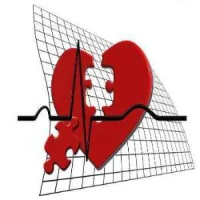According to the findings of a study published in the Journal of the American Society of Nephrology (JASN), several common measures obtained from electrocardiograms (ECGs) may help clinicians determine a kidney disease patient’s risk of dying from heart disease. The findings may play an important role in preserving heart health of kidney patients.
While ECG screening is not recommended for routine assessment of heart health in low-risk populations such as young athletes, its use may be beneficial in a higher-risk population such as those with chronic kidney disease (CKD).
In order to investigate this further, Rajat Deo, MD, MTR (Perelman School of Medicine at the University of Pennsylvania) and his colleagues evaluated whether a panel of 5 common ECG parameters could enhance prediction of CKD patients’ risk of dying over a median follow-up of 7.5 years.
3587 patients were part of the study out which 750 participants died. During the study, the researchers found that common ECG measures including PR interval, QRS duration, corrected QT interval, heart rate, and left ventricular hypertrophy could help identify individuals with CKD who were at a higher risk of dying from heart disease.
“By enhancing the prediction of cardiovascular death in this population, we may find more effective and novel interventions to prevent the complications of cardiovascular disease,” said Dr. Deo.
Further research should be conducted to evaluate whether treating patients found to be at a higher risk of heart disease through an ECG screening could help improve and prolong the lives of patients with CKD.
Source: American Society of Nephrology
Image Credit: Pixabay










